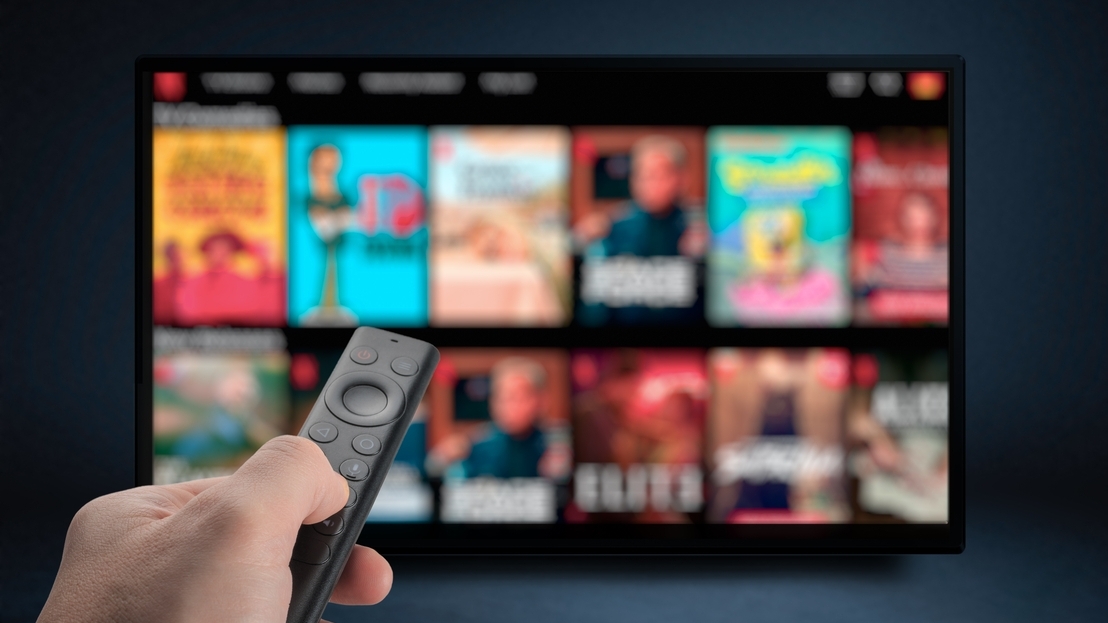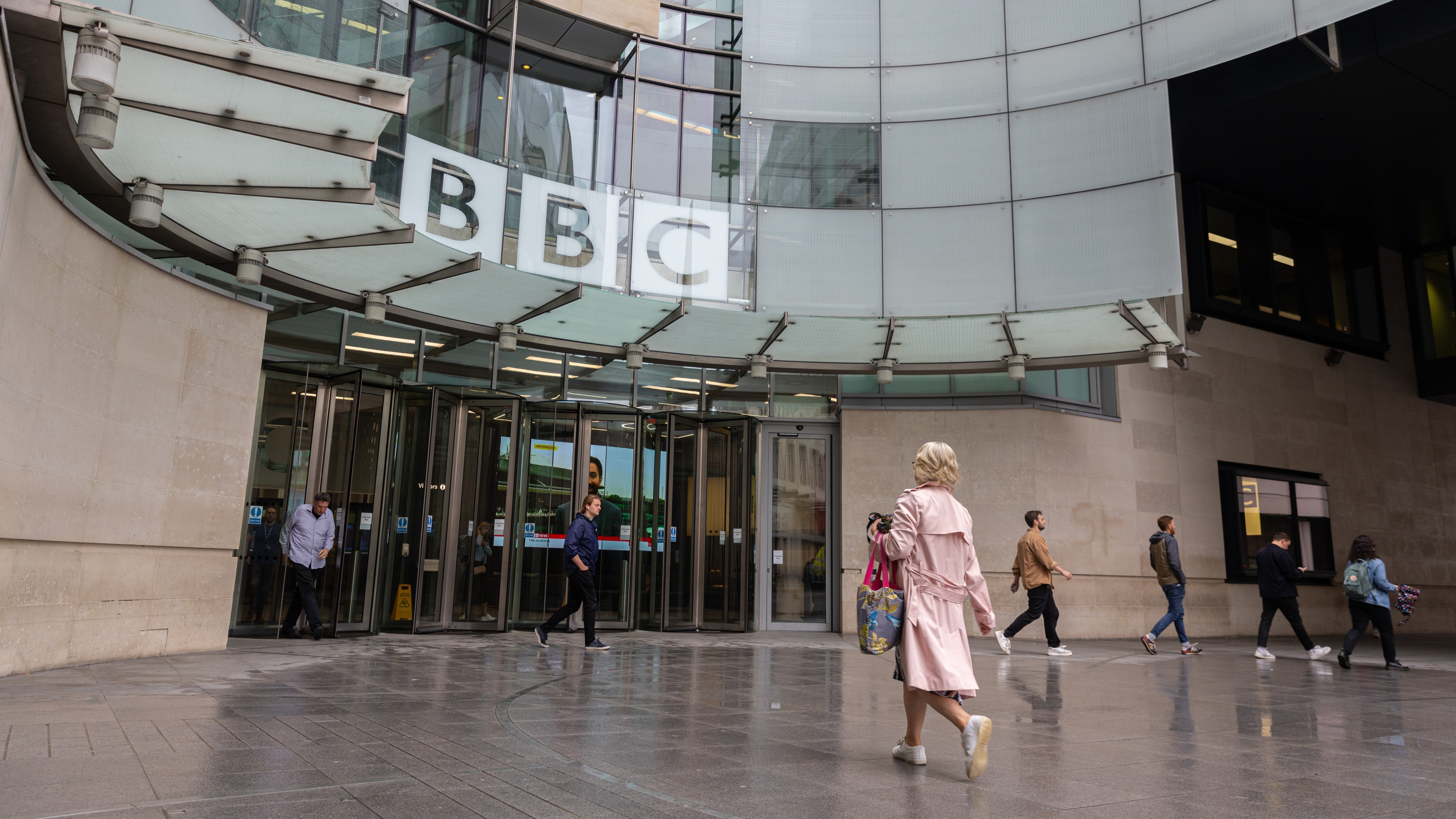BBC Research and Development (R&D) is to be restructured as part of moves to help the corporation cut costs.
News of the restructure comes a week after the BBC announced plans for a reduction of around 500 public service roles by the end of March 2025.

Peter O’Kane, BBC Chief Technology Officer, said BBC R&D is to be reorganised into six teams resulting in a “sharper focus to deliver value for audiences, the creative sector and the wider industry.”
O’Kane said the changes would means consolidating some existing capabilities. “Inevitably, having this sharper focus will mean we won’t be able to keep doing everything we’re doing today.”
The six teams are:
- Applied Research Area – Artificial Intelligence: Advancing the application of Large Language Models and AI Safety by bridging AI research with other disciplines to tackle real-world challenges
- Applied Research Area – Media: Driving the transformation in the tools, streaming and distribution technologies - to ensure products and services can be delivered efficiently on internet-connected devices
- Applied Research Area – Foundation: Facilitating the shift to new ways of computing, storing and managing media and AI applications
- Propositions team: Working with BBC and industry partners to design and develop comprehensive innovative digital experiences that are ready for market
- Advisory team: Defining and influencing technology standards, innovative research roadmaps and policy and regulation
- Portfolio & Delivery team: Accurately tracking and managing the delivery of research projects
O’Kane said: “This change won’t be easy – but this refocused, smaller team will help us deliver our key objectives to support the BBC’s mission, providing value for all - while setting us for a fast-paced changing world that is increasingly digital. I’m excited that BBC R&D can and will continue to be a centre of excellence, as we help to create a BBC for the future.”
BBC R&D has a long history of innovation including noise-cancelling microphones in the 1930s, the first transatlantic television transmission in the 1950s, Ceefax in the 1970s, BBC iPlayer in the 2000s, and UHD in the 2010s.

Stephen Nuttall unveiled as new Chair of IBC’s Partnership Board
Stephen Nuttall has been appointed as the new Chair of IBC’s Partnership Board. Made up of representatives from each of the six partner organisations which own IBC (IABM, IEEE, IET, RTS, SCTE and SMPTE), the IBC Partnership Board provides the governance and strategic oversight of IBC.

Saleha Williams appointed CEO of IABM
Saleha Williams has been appointed as the Chief Executive Officer (CEO) of IABM.

Comcast sets leadership team for ‘SpinCo’ cable unit
US media and telco giant Comcast has unveiled the leadership team for SpinCo as it prepares to spin off its cable television portfolio later in the year.

Labour exploring ‘alternative funding options’ to BBC licence fee
UK Culture Secretary Lisa Nandy is reportedly considering scrapping the BBC licence fee at the end of the Corporation's current charter in December 2027.

BBC Director-General Tim Davie to head Creative Cities Convention speakers
BBC Director-General Tim Davie has been lined up as one of the key speakers at this year’s Creative Cities Convention, being held from May 7–8 in Bradford as part of its UK City of Culture 2025 celebrations.




